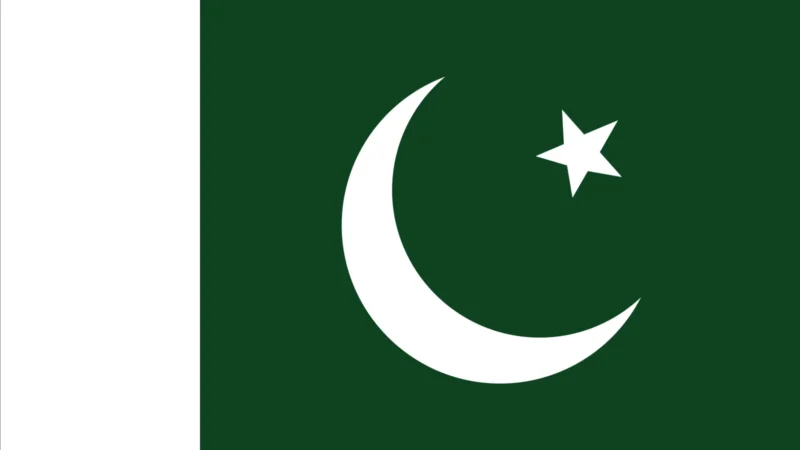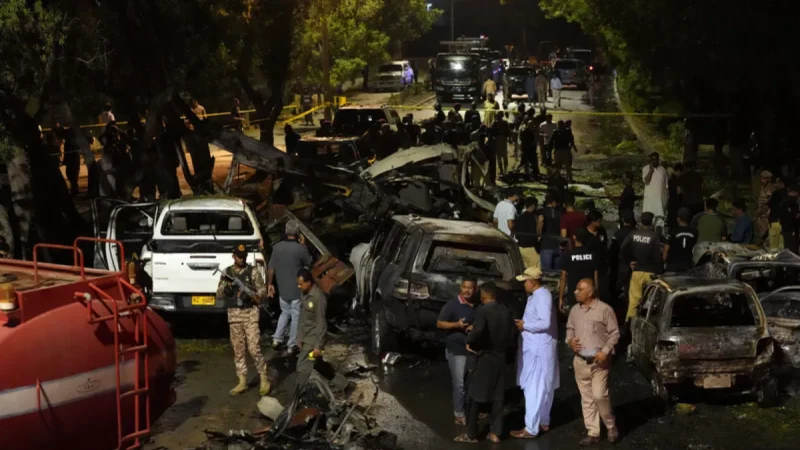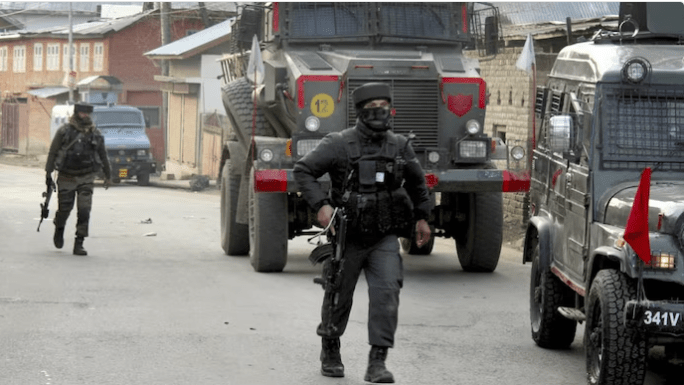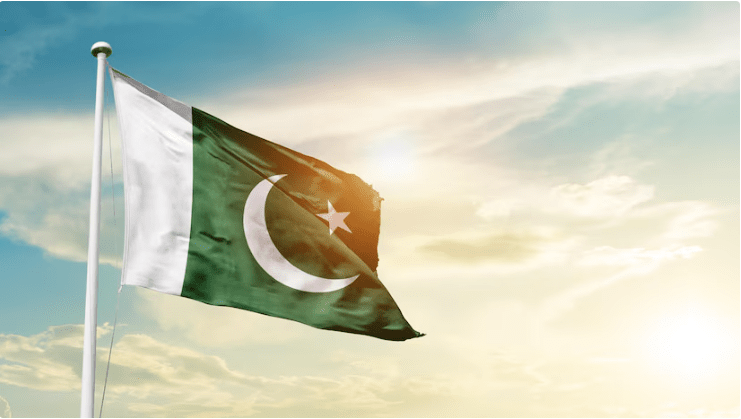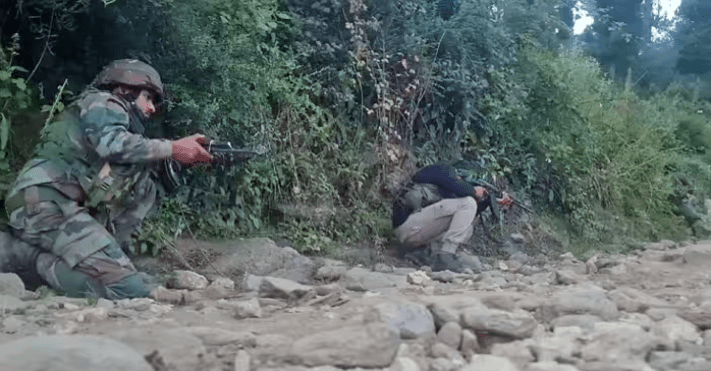Simmering Tensions Between Afghanistan and Pakistan
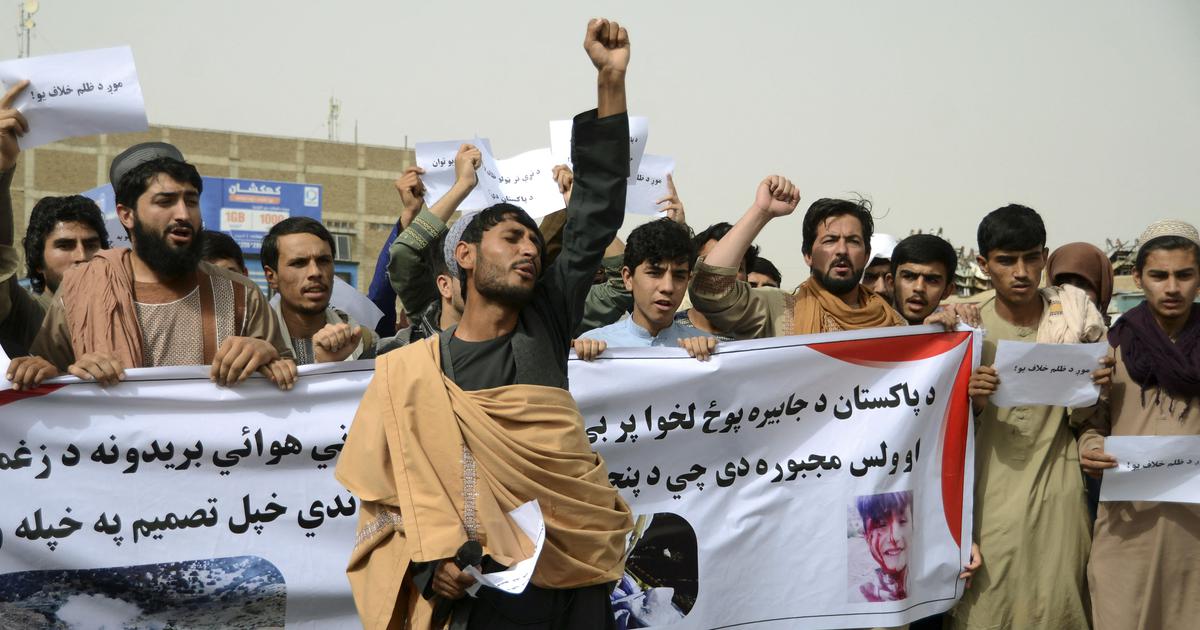
The bilateral ties between Afghanistan and Pakistan are facing fresh tensions after the latest provocative allegations and statements from both sides. On March 7, Pakistan’s Ambassador to the United Nations, Munir Akram, asked the United Nations Security Council (UNSC) to urge the interim Taliban government in Afghanistan to terminate their relationship with the Tehreek-i-Taliban Pakistan (TTP). More importantly, Munir averred that the Taliban’s “failure to control the TTP and other terrorist groups erodes its claim of full control of its territory” that the group asserts to secure “international recognition.”[1] In January, Pakistan Army chief General Syed Asim Munir stated: “The life of a single Pakistani is more important than the entire Afghanistan…and the whole of Afghanistan can be damned.”[2]
Based on these statements, it seems that Pakistan has decided to take a complex policy stance towards Afghanistan, which borders on racism and is highly demeaning not only to the Taliban leadership but also to the people of Afghanistan. Last year, in a draconian move, the Pakistani government decided to forcibly expel lakhs of Afghan refugees from the country, aiming to exert pressure on the Taliban government. The decision led to the deliberate targeting and marginalization of even legal Afghan refugees in Pakistan. Several international human rights organizations criticized Islamabad’s draconian move, which resulted in a mass exodus of Afghan refugees, including children, women, and older adults. The then-caretaker government of Anwar ul Haq Kakar did not pay any heed to the global calls to safeguard the human rights of the refugees.
On the contrary, it justified the forced deportation of “illegal” Afghan refugees from Pakistan, acting upon directives from the Army leadership, citing the need to bolster the country’s security.[3] Sirajuddin Haqqani, the Acting Interior Minister in Kabul, said that “the deportation of Afghan Refugees by Pakistan through use of force & coercion is an act against all Islamic & International principles. If Pakistan has problems, they aren’t because of IEA.”[4]
Under the new policy directives regarding Afghanistan under General Munir, Pakistan has decided to play the “victim” card on the issue of terrorism. Islamabad was elated when Kabul fell to the Taliban in August 2021. However, the return of Taliban 2.0 proved to be markedly different from the rule of Taliban 1.0 between 1996 and 2001. This time, the Taliban leadership exhibited greater autonomy in its decision-making process on key policies, including Kabul’s relations with New Delhi, which possibly irked the Pakistani military establishment. More importantly, with the Taliban’s triumph return in Kabul, the TTP and its affiliated militant outfits are feeling emboldened to forcefully claim their space in the tribal areas of the erstwhile Federally Administered Tribal Areas (FATA) and the Khyber Pakhtunkhwa province. Understandably so, it is both a concerning and ironic situation for Pakistan as it provided sanctuaries to former Afghan Mujahideen and the Taliban in their armed struggles against the erstwhile Soviet Union and the United States-led military coalition in Afghanistan.
For the Pakistan military, it appears to be a situation where the consequences of past actions are now being faced, where they find themselves unable to dictate terms to the Afghan Taliban or effectively control the growing terrorism within the country. Furthermore, the Taliban leadership has rejected the Durand Line as the legal border between Afghanistan and Pakistan, a contentious issue for both sides, leading to several violent skirmishes along the border since August 2021.[5] [6]
On February 26, Afghanistan’s Deputy Minister of Foreign Affairs, Sher Mohammad Abbas Stanikzai, stated that “Pakistan did not exist when Durand’s imaginary line was drawn.”[7] Similarly, last year, the Acting Minister of Foreign Affairs, Amir Khan Muttaqi, claimed that “only the people of the two countries could decide” on the legitimacy of the Durand Line.[8] These viewpoints from Taliban officials are troubling for the predominantly Punjabi-dominated military establishment of Pakistan, which fears separatist sentiments among certain sections of the Pashtun population on both sides of the border.[9] Consequently, Islamabad is making desperate attempts to garner global sympathy on the issue of cross-border terrorism from Afghanistan.[10] Some analysts even suggest that Pakistan may seek UN intervention on the Durand Line matter.
Last year, during a panel discussion at the Munich Security Conference (MSC) in Germany, Pakistan’s former Foreign Minister Bilawal Bhutto-Zardari expressed concern about the “growing terrorism” in Afghanistan and warned of potential international repercussions.[11] Whereas Munir Akram has gone a step further on the terrorism issue and urged the UNSC to investigate how the TTP acquired “advanced military equipment and identify the source of its finances,” which has helped sustain its estimated 50,000 fighters and terrorist operations. Additionally, General Asim Munir and other Pakistani officials have also blamed Afghanistan for the ongoing insurgency in Balochistan. According to the Pak Institute for Peace Studies (PIPS) report of 2023, terror outfits such as the TTP accounted for over 82 percent of terrorism-related deaths. They conducted 78 percent of terrorist attacks recorded in the country.
The Taliban government has repeatedly rejected Islamabad’s claims that terrorist attacks in Pakistan have increased significantly since the Taliban’s return to power in Afghanistan. In November 2023, Taliban spokesman Zabihullah Mujahid responded to these accusations, stating that “the Islamic Emirate does not permit anyone to use Afghan territory against Pakistan and is not responsible for maintaining peace in Pakistan.”[12] Given these recent developments and General Munir’s hard stance on Afghanistan, the relationship between the two countries is likely to encounter difficulties in the coming months. With the new coalition government in Islamabad, Pakistan is expected to intensify diplomatic efforts to pressure the Taliban leadership on terrorism. Additionally, there can be further violent border clashes, increased forced deportation of Afghan refugees, provoking statements from both sides and possible cross-border military strikes from Pakistan in the near future.
[1] https://www.dawn.com/news/1819821
[2] https://www.khaama.com/pakistans-army-chief-one-pakistani-life-matters-more-than-all-of-afghanistan/#google_vignette
[3] https://www.theguardian.com/global-development/2023/oct/14/afghans-living-in-fear-pakistan-to-deport-17m
[4] https://twitter.com/MJalal0093/status/1720790004996124907
[5] https://asiatimes.com/2023/10/durand-line-old-contestations-and-new-conflicts/
[6] https://www.aljazeera.com/program/inside-story/2023/2/21/whats-behind-latest-tension-between-afghanistan-and-pakistan
[7] https://tolonews.com/afghanistan-187555
[8] https://tolonews.com/afghanistan-185923
[9] https://www.aljazeera.com/features/2023/11/6/kill-me-here-but-i-am-not-going-back-an-afghan-refugee-in-pakistan
[10] https://www.internationalaffairs.org.au/australianoutlook/the-durand-line-impasse-the-two-talibans-and-pakistan/
[11] https://www.brecorder.com/news/40227109
[12] https://www.geo.tv/latest/367651-ttp-a-matter-pakistan-must-take-up-not-afghanistan-taliban-spokesman

